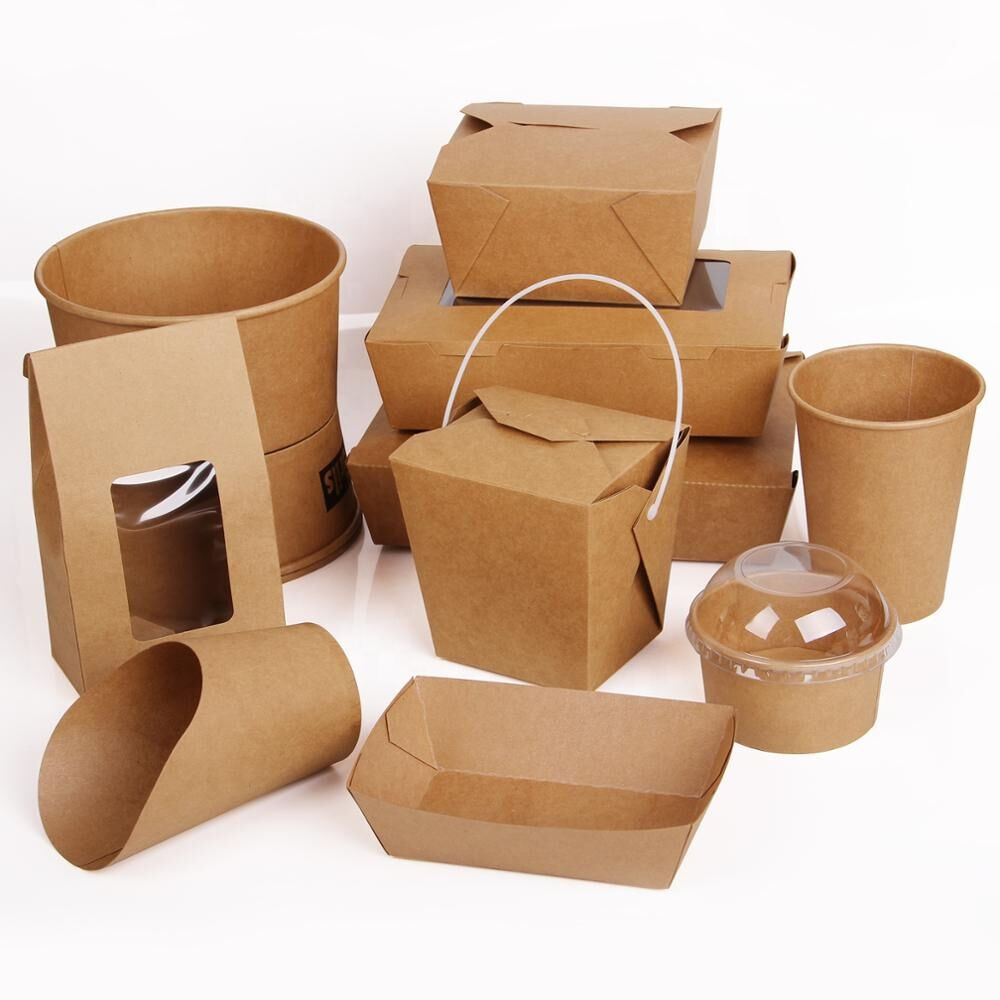Ang Pagtataas ng Maaaring Magpakailalian Mga Kupa ng Plastik
Paglalarawan sa mga Alternatibong Makabuluhan
Ang mga cup na gawa sa sustainable plastic ay naging mahalagang pokus sa pagbawas ng epekto sa kalikasan, gamit ang mga materyales na biodegradable, compostable, o maaaring i-recycle. Ang pagbabagong ito ay tugon sa lumalalang problema dulot ng polusyon sa plastik, sa pamamagitan ng mga alternatibong solusyon na mas hindi nakakapinsala sa kapaligiran. Kabilang sa mga halimbawa ng ganitong sustainable alternatibo ang bioplastics na gawa sa renewable resources, na nag-aalok ng eco-friendly na sagot sa tradisyonal na plastik mula sa petrolyo. Habang pumipili ang mga negosyo ng mas sustainable na materyales, tumataas din ang uso ng custom coffee cups na hindi lamang simbolo ng pangako sa responsibilidad sa kalikasan kundi isa ring epektibong paraan upang palakasin ang kamalayan sa brand. Maituturing na simbolo ng inobasyon at tungkulin sa kalikasan ang mga cup na ito, na nagpapahintulot sa mga kompanya na mag-iba sa merkado.
Mga Dahilan sa Kalikasan para sa Pagbabago
Ang paglipat patungo sa katinuan ay pinapakilos ng mas mataas na kamalayan ng mga konsumidor tungkol sa polusyon dulot ng plastik at ang mapanirang epekto nito sa mga ekosistema. Isang pag-aaral na nailathala sa Journal of Medicinal Food ay nagpapakita na ang mga konsumidor ay bawat taon ay higit na pumipili ng mga opsyong nakabatay sa kalikasan, kaya't kinakailangan ng mga negosyo na muling isipin ang kanilang mga estratehiya at tanggapin ang mas berdeng pamamaraan. Ang mga batas sa iba't ibang antas—lokal, pambansa, at pandaigdigan—ay naghihikayat ng pagbaba sa paggamit ng mga plastik na sumpain lamang, kasama na ang pagbabawal sa mga disposable coffee cup na ipinapatupad na sa mga pangunahing lungsod sa buong mundo. Ang presyon mula sa regulasyon ay tumutulong upang mapabilis ang pagtanggap ng mga tasa na gawa sa plastik na nakabatay sa kalinisan ng kapaligiran. Ang mga kompanya na sumasali sa mga makatwirang gawain ay hindi lamang nagkakaloob ng positibong ambag sa kalikasan kundi nakakaranas din ng pagbuti ng ugnayan sa publiko, na maaring magdulot ng mas matibay na katapatan ng mga customer at pagmamahal sa brand. Ang kabuuang epekto ng mga pagbabagong ito ay nagpapahiwatig ng isang nakakatuwang paglipat sa industriya patungo sa mas responsable at mapanatag na operasyon.
Mga Bagong-Bughaan sa Mga Materials na Maayos sa Lipunan
Bioplastics at Plant-Based Polymers
Ang Bioplastics ay naging isang mahusay na solusyon para sa mga suliraning pangkapaligiran na dulot ng tradisyunal na plastik. Galing ito sa mga renewable na halamang pinagkukunan, at nag-aalok ang mga materyales na ito ng biodegradable na alternatibo na maaaring mapabulok sa iba't ibang kapaligiran. Napakabisa ng inobasyong ito lalo na sa mga industriya tulad ng food service packaging, kung saan ang kahilingan para sa mga produktong sustainable, kabilang ang mga tasa ng kape na magagamit nang isang beses at iba pa disposableng mga tasa , ay patuloy na tumataas. Ang mga eksperto ay nagsasabi ng malaking paglago sa merkado para sa plant-based polymers dahil sa tumaas na demand sa iba't ibang sektor. Ginagamit na ng mga kompanya ang bioplastics upang makalikha ng custom coffee cups , na nagpapahusay ng sustainability habang tinataguyod ang eco-friendly na mga gawain.
Mga Pag-unlad sa Nilalaman ng Recycled
Ang mga pag-unlad sa teknolohiya ng pag-recycle ay mahalaga para sa pagbuo ng mga maituturing na baso na gawa sa mga materyales mula sa post-consumer, na nagpapababa ng pag-aangat sa bago pang plastik. Sa pamamagitan ng paglalagay ng mga recycled materials sa produksyon, ang mga kumpanya ay makabubuo nang malaki sa kanilang carbon footprint, na umaayon sa mga prinsipyo ng isang circular economy. Ang diskarteng ito ay hindi lamang nagse-save ng mga mapagkukunan kundi nag-aalok din ng makabuluhang benepisyong pangkapaligiran. Ayon sa mga estadistika, ang paggamit ng recycled content sa mga disposable cup ay maaring magpababa nang husto sa greenhouse gas emissions kumpara sa paggawa ng bagong plastik, na nagpapakita ng positibong epekto ng inobasyon sa industriya ng foodservice.
Mga Pag-unlad sa Teknolohiya ng Composting
Ang teknolohiya ng composting ay sumailalim sa mga pag-unlad na nagresulta sa mga baso na maaaring mabulok sa mga pasilidad ng industrial composting, at sa huli ay nagbabalik ng sustansya sa lupa. Ang mga standard tulad ng ASTM D6400 ay nagsisiguro na ang mga mga Kompostable Cup sumunod sa mahigpit na mga pamantayan, na nakakaakit pareho ng mga consumer at negosyo na may kamalayang ekolohikal. Sa pamamagitan ng paglalahok ng mga compostable na materyales sa mga linya ng produkto, hinihikayat ng mga kumpanya ang mga consumer na gumawa ng mas responsableng mga pagpipilian, lalo na sa packaging ng food service. Ang makabagong diskarteng ito ay hindi lamang umaangkop sa mga pangangailangan ng merkado na friendly sa kalikasan kundi nagpapakita rin ng pangako sa sustainable development at pangangalaga sa kapaligiran.
Pagsasama ng Industriya at Bawas ng Basura
Mga Inisyatibo ng Mabilisang Serbisyo sa Restawran
Ang mga mabilisang restawran ay nasa unahan ng pagpapatupad ng mga mapagkukunan na kasanayan, lalo na sa paglipat sa mga baso na nakikibagay sa kalikasan. Ang mga brand tulad ng Starbucks ay gumagawa ng makabuluhang pag-unlad tungo sa mga layunin ng mapagkukunan na pakikipag-ugnayan, na kinikilala ang mga benepisyo sa kapaligiran at pangangailangan ng mga konsumidor para sa responsableng mga pagpipilian. Ang datos ay nagmumungkahi na ang mga pagsisikap na ito ay hindi lamang nababawasan ang basura kundi aktibong sumusuporta sa paglipat patungo sa mga kasanayan sa ekonomiya ng bilog. Sa pamamagitan ng pagpili ng mga baso na nakikibagay sa kalikasan, ang mga restawran ay maaaring mabawasan ang kanilang basurang plastik, na nagpapakita ng komitmento sa mapagkukunan na operasyon. Ayon sa mga pag-aaral, may lumalaking kagustuhan ng mga konsumidor para sa mga establisyimento na nagpapakita ng responsibilidad sa kapaligiran, na nagpapahiwatig ng positibong pagtanggap sa mga inisyatibong ito.
Mga Pagbabago sa Kaganapan at Serbisyo sa Panauhing-daan
Ang sektor ng kaganapan at pagtutustos ay higit na nagbibigay-priyoridad sa mapagpahanggang kalakhan sa pamamagitan ng pagsasama ng mga ekolohikal na tasa sa mga kumperensya, festival, at mga kaganapang may serbisyo sa pagkain. Ang pagbabagong ito ay sumasalamin sa mas malawak na uso sa industriya upang mabawasan ang epekto nito sa kapaligiran habang dinadagdagan ang kasiyahan ng mga bisita. Ayon sa pananaliksik, ang mga kaganapan na nagpapatupad ng mga mapagpahanggang gawi ay hindi lamang nagbaba nang malaki sa basura kundi nakatanggap din ng mas mataas na papuri mula sa mga taong may kamalayan sa kalikasan. Bukod dito, ang mga brand na nagho-host ng ganitong uri ng kaganapan ay nakakakuha rin ng positibong imahe sa publiko, na nakakaakit sa isang pangkat ng mamimili na naniniwala sa mapagpahanggang kalakhan. Sa pamamagitan ng pagtanggap sa usong ito, ang industriya ay makapagtataas ng kanilang reputasyon at makakakuha ng mga bisita na gustong suportahan ang mga negosyo na responsable sa kapaligiran.
Mga Hamon at Mga Landas sa Hinaharap
Kulang sa Imprastrakturang Pang-Recycle
Bagama't dumarami na ang mga opsyon para sa mga sustenable na baso, nananatiling mahalaga ang isang hamon dahil sa hindi pa sapat na pag-unlad ng imprastraktura para sa pag-recycle sa maraming rehiyon. Ito ang nagpapahirap sa epektibong pag-recycle at naglilimita sa lubos na benepisyong pangkalikasan ng naturang baso. Iminumungkahi ng mga eksperto na ang pagpapahusay sa mga lokal na programa sa pag-recycle ay maaring magdulot ng malaking pagpapabuti sa kakayahang gamitin ang mga recycled na materyales sa produksiyon ng baso. Gayunpaman, ayon sa mga estadistika hinggil sa pag-recycle, isang maliit na porsyento lamang ng mga produktong plastik ang talagang nirerecycle, na nagpapakita ng isang kritikal na hamon para sa industriya.
Balanseng Kost vs. Matataglang Pag-uugali
Ang pagbabalanse sa mga nadagdagang gastos na kaakibat ng mga sustainable na materyales laban sa mga limitasyon sa badyet ay naghahain ng isang pangunahing hamon para sa mga negosyo. Madalas, nahaharap ang mga kumpanya sa pagpipili kung paano bigyan prayoridad ang agarang epekto sa pananalapi at ang mga posibleng long-term na pagtitipid. Inirerekumenda ng mga eksperto na ang pag-invest sa mga sustainable na kasanayan ay maaaring magdulot ng mga ekonomikong benepisyo tulad ng mas mataas na katapatan ng mga customer at nabawasan ang gastos sa pagtatapon ng basura. Bukod dito, ayon sa ilang case studies, nakakamit ng mga kumpanyang nagtutulak papunta sa paggamit ng sustainable na tasa ang pagbaba sa kabuuang gastos sa operasyon dahil sa mga pagpapahusay sa efi siyensiya. Ito ay nagpapahiwatig na ang paunang puhunan sa sustainability ay maaaring magresulta sa higit na epektibo sa gastos na resulta sa paglipas ng panahon.
Sa mga talakayang ito, malinaw na parehong kritikal ang imprastraktura ng pag-recycle at ang pagsusuri ng gastos-at-bentahe ng sustainability para sa matagumpay na adopsyon ng mga cup na nakabatay sa sustainability. Ang pagpapalawak ng mga kakayahan sa pag-recycle at pagpapakita ng pangmatagalang benepisyong pangkabuhayan ay maaaring magbukas ng daan para sa mas malawak na adopsyon ng industriya at inobasyon sa mga solusyon sa sustainable cup.
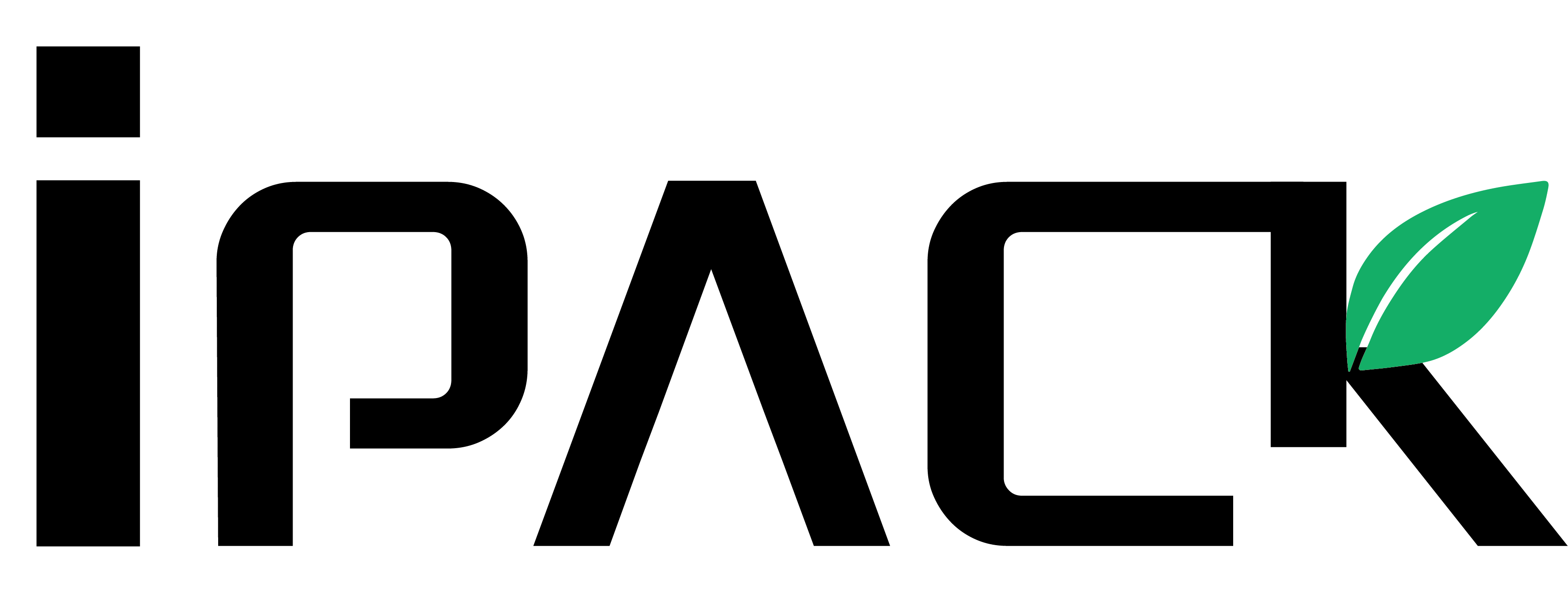
 EN
EN
 AR
AR
 CS
CS
 NL
NL
 FR
FR
 DE
DE
 IT
IT
 JA
JA
 KO
KO
 PL
PL
 PT
PT
 RU
RU
 ES
ES
 TL
TL
 ID
ID
 VI
VI
 HU
HU
 TH
TH
 TR
TR
 MS
MS

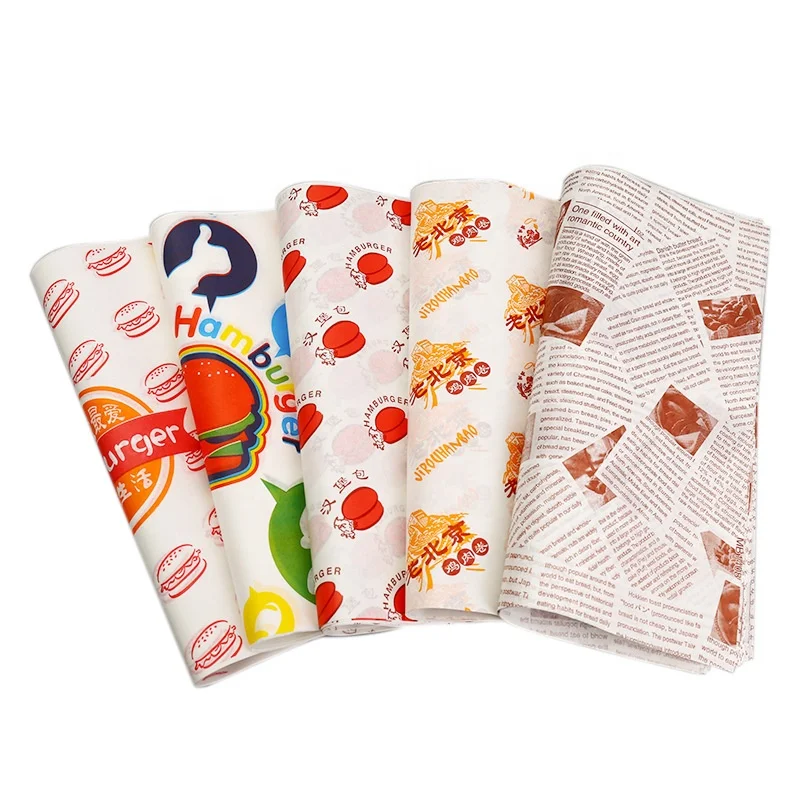

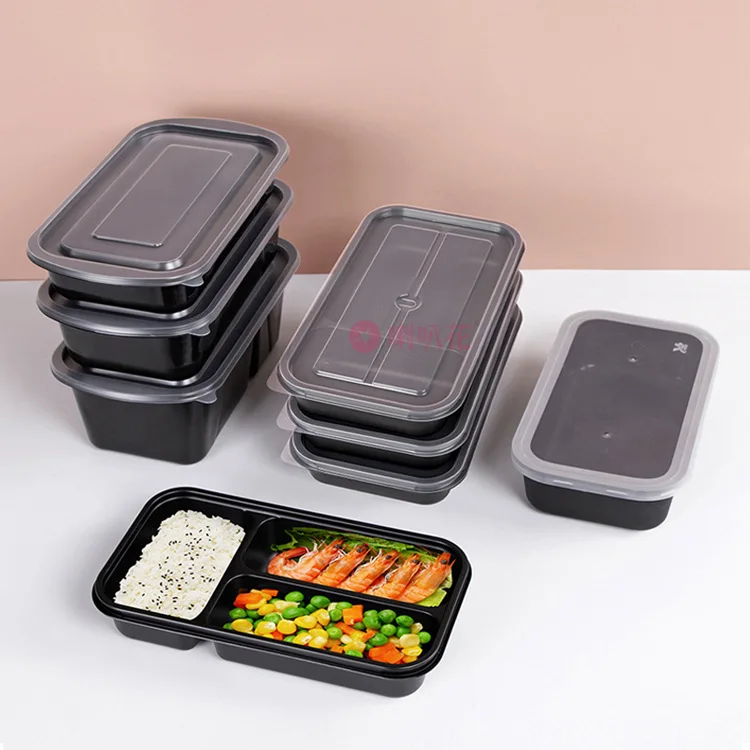
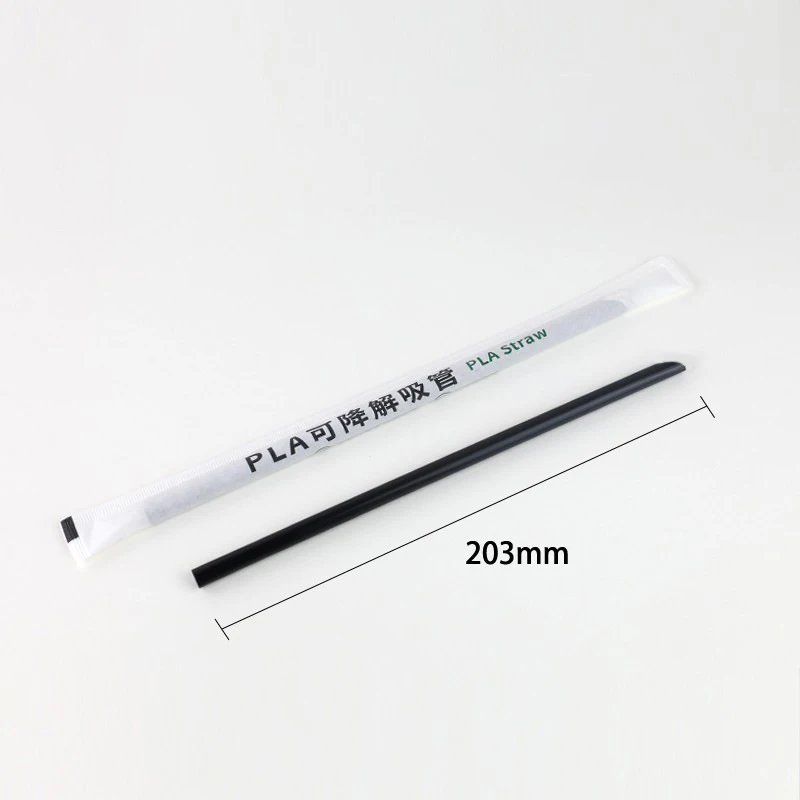

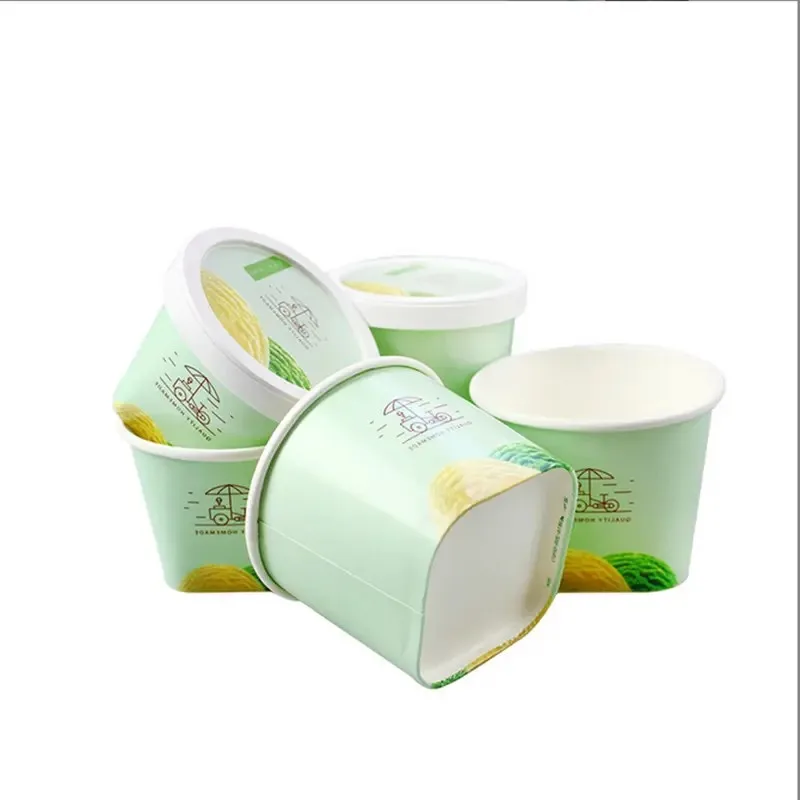
 Balitang Mainit
Balitang Mainit